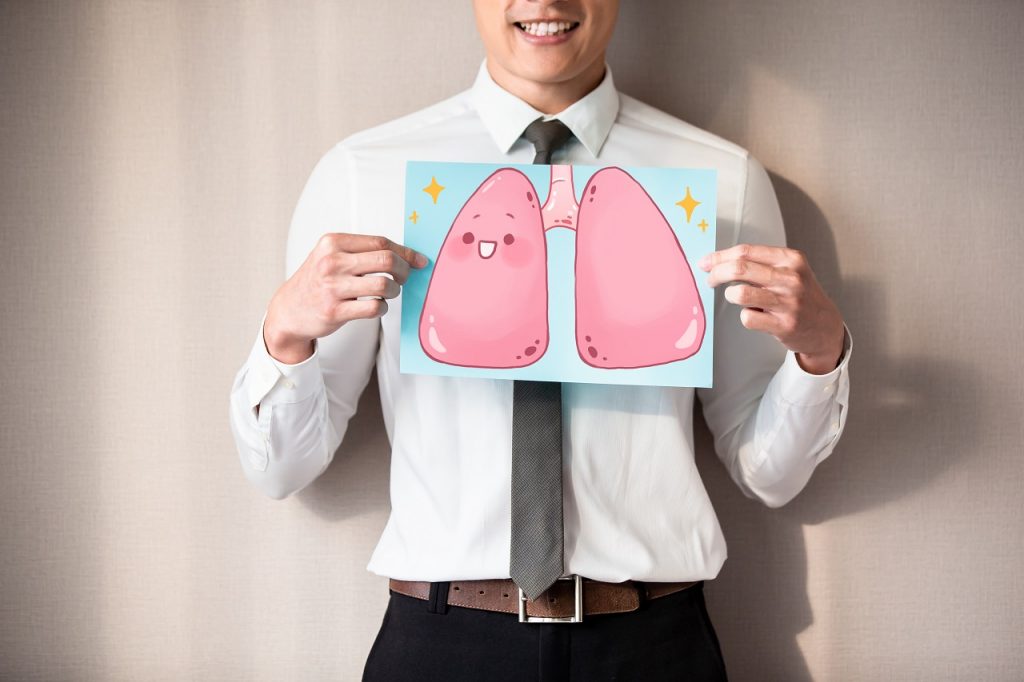 Aakash wondered why every Hollywood and Bollywood movie stressed the “heart”. Some dialogues bothered him:
Aakash wondered why every Hollywood and Bollywood movie stressed the “heart”. Some dialogues bothered him:
“My heart aches at the way you have treated your friends.”
“Don’t you feel anything? Are you heartless?”
What Affects Heart Health?
It is interesting to note that a heart attack is usually the result of an emotional outburst or a very emotionally charged situation. While many of us have similar experiences, some are potent to handle such sudden shocks that the heart receives. This depends on the emotional and mental health of a person, dietary habits, sleep quality, the capability of handling stress, faulty habits, etc.
The heart, apart from pumping blood and ensuring every cell receives blood and oxygen, governs largely the emotional and physical well-being of a person (it also overlaps with the Anahat or Hridaya chakra in Indian Vedic understanding). So, a healthy heart depends largely on the emotional and mental well-being of a person as well as nutrition.
It is now a known fact that feelings of stress, anxiety, etc. adversely impact the overall health of a person, especially the heart. As stress increases, the cortisol levels (stress hormone) impacts all the hormones and organs, affecting basic physiology, including the cardiovascular system.
These emotions create a chain reaction in the body — stress hormone levels increase, blood vessels constrict, blood pressure rises, and the immune system is weakened. If we consistently experience these emotions, it can put a strain on the heart and other organs, and eventually lead to serious health problems.
In my previous article, I spoke about the signs of heart disease to watch out for. Here, let us look at healthy habits for a healthy heart!
Do the Following to Ensure a Healthy Heart
- Be happy: If you cannot feel positive and good, simply recall a time when you felt sincere appreciation and try to recreate that feeling. Look at photographs of happier times, keep a diary where you record your positive events and feelings from your life.
- Exercise: Get regular with yoga, especially pranayama and exercise. Exercising helps heart muscles become more efficient at pumping blood throughout the body. It allows the body’s tissue (including the heart) to do a better job of pulling oxygen from the blood. This allows your heart to work effectively under stress. It also helps the body make more branches and connections between these blood vessels (collaterals), so there are other routes for the blood to travel if the usual path is blocked by narrow arteries or fatty deposits. Instead of a 45-minute workout, it is best that the body is moving every half an hour! A small 2-minute walk every half an hour is also helpful as, along with the cardiovascular system, it also keeps our lymphatic system active. However, if you have a heart condition, please take the advice of your doctor before taking strenuous exercises or pranayama.
- Do what you like doing and stop what you don’t! It will help you keep your stress levels in check and be happy!
- Take care of what you eat: Have a good portion of breakfast, followed by small meals, lunch and dinner 2-4 hours before you sleep. Follow the advice of your nutritionist/doctor, if something special has been designed for you!
- Vegetarian food is easily digested by the body. It will also help you cut back on higher-calorie foods such as meat, cheese and snack foods. Whole grains play a role in regulating blood pressure and heart health. Add flaxseeds to your diet as they are rich in fiber and omega-3 fatty acids.
- Limit unhealthy choices: Reduce or stop refined oils, refined sugar and aerated drinks.
- Choose low-fat protein sources like flaxseed, walnuts, soybeans and canola oil. Legumes, beans, peas and lentils are good sources of protein and contain less fat and no cholesterol, making them good substitutes for meat.
- Reduce the sodium in your food: You can replace your normal salt with rock salt or pink salt.
- Quality is better than quantity: If your body feels fresh and charged after 4-5 hours of sleep, it implies quality sleep. But tiredness even after 6-8 hours of sleep is worrisome. Usually deep breathing before sleep and dinner 4 hours prior to sleep helps one sleep better.
The heart is the biggest miracle which works every moment to keep you alive! Cherish it by living healthy. For more on heart health, check out Healthy Reads or speak to a certified expert by subscribing to GOQii’s Personalised Health Coaching here.
#BeTheForce
 While the heart often gets much attention, healthy lungs are equally important for overall well-being. Lung infections can arise as complications of other chronic conditions, and maintaining lung health is critical. According to the World Health Organization (WHO), exposure to air pollution contributes to 4.2 million deaths worldwide each year. Additionally, cigarette smoking is responsible for one in every five deaths in the United States. Although the body has natural defenses to protect the lungs, there are additional steps we can take to keep them functioning optimally.
While the heart often gets much attention, healthy lungs are equally important for overall well-being. Lung infections can arise as complications of other chronic conditions, and maintaining lung health is critical. According to the World Health Organization (WHO), exposure to air pollution contributes to 4.2 million deaths worldwide each year. Additionally, cigarette smoking is responsible for one in every five deaths in the United States. Although the body has natural defenses to protect the lungs, there are additional steps we can take to keep them functioning optimally. Vitamin D, commonly known as the “sunshine vitamin,” is actually a pro-hormone produced in the body upon exposure to sunlight. This essential nutrient exerts significant influences on multiple systems across the body
Vitamin D, commonly known as the “sunshine vitamin,” is actually a pro-hormone produced in the body upon exposure to sunlight. This essential nutrient exerts significant influences on multiple systems across the body How many of us actually sleep well at night or get a good, undisturbed rest? I was quite alarmed when I discovered that my younger sister was considering visiting a doctor, convinced that she was suffering from some dreadful sleep disorder. Astonished, I asked her what led her to think that. She explained that she had been experiencing disturbed sleep with frequent awakenings and sometimes stayed awake in bed for long periods, constantly checking the clock. This left her feeling tired and exhausted throughout the next day.
How many of us actually sleep well at night or get a good, undisturbed rest? I was quite alarmed when I discovered that my younger sister was considering visiting a doctor, convinced that she was suffering from some dreadful sleep disorder. Astonished, I asked her what led her to think that. She explained that she had been experiencing disturbed sleep with frequent awakenings and sometimes stayed awake in bed for long periods, constantly checking the clock. This left her feeling tired and exhausted throughout the next day.


